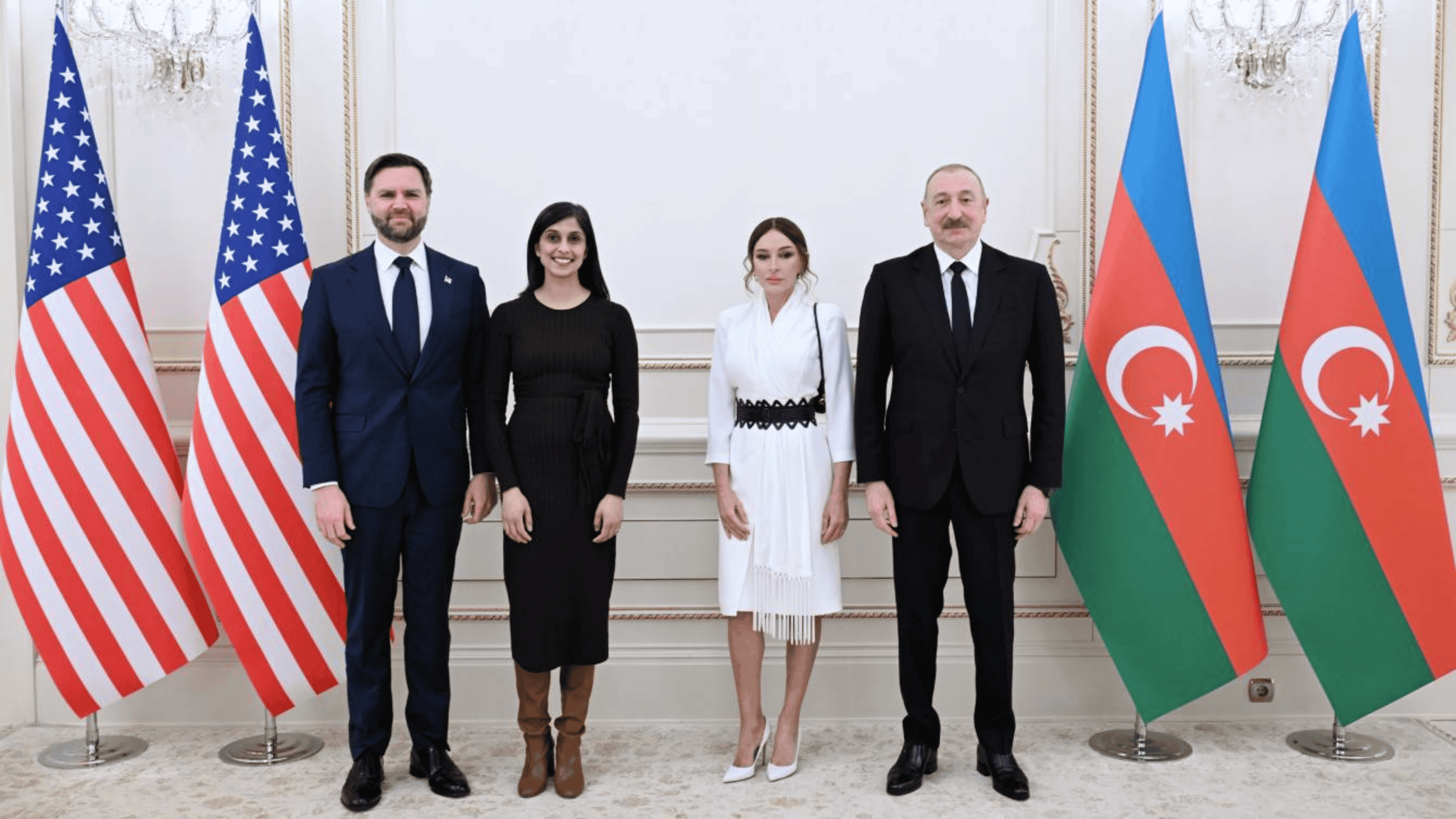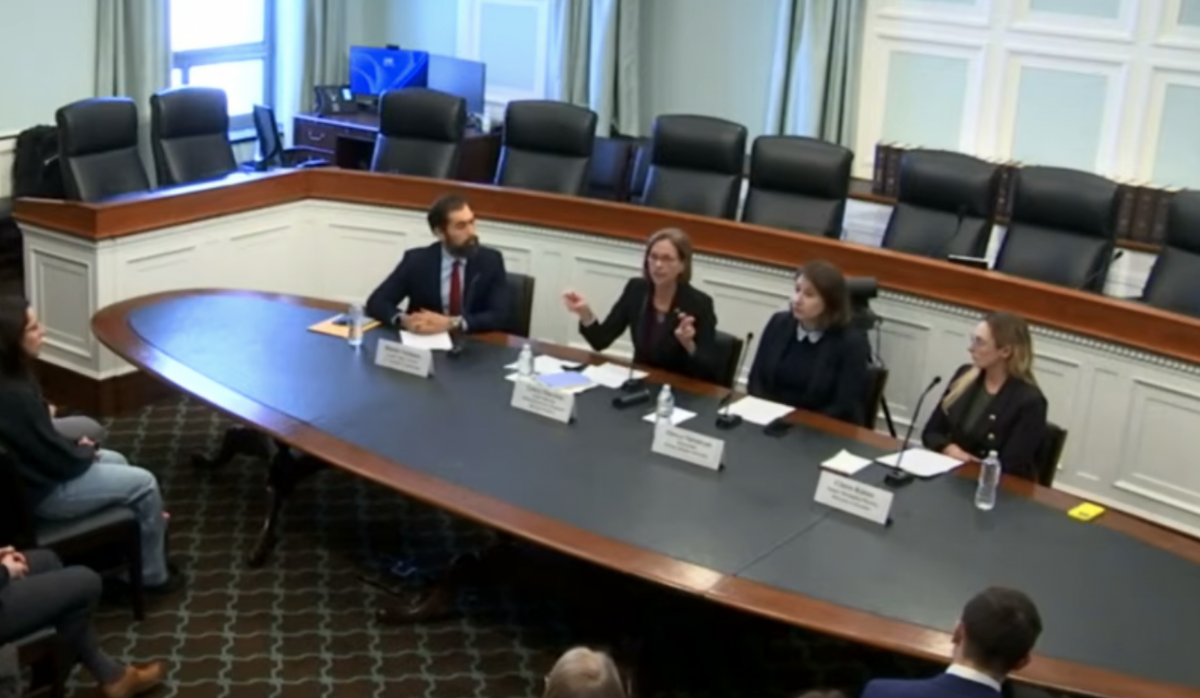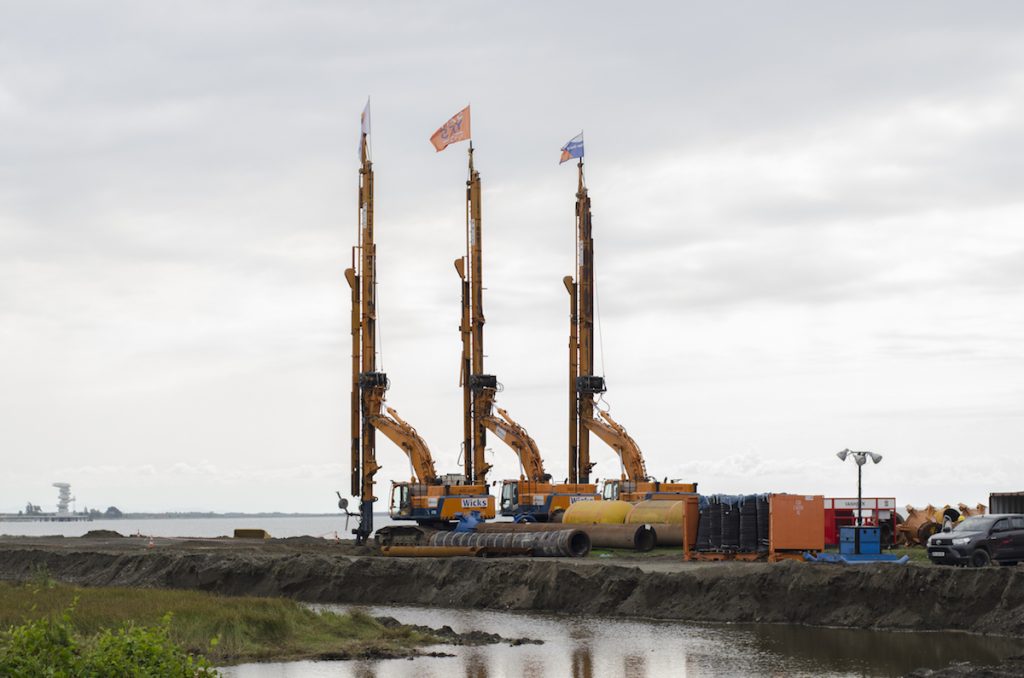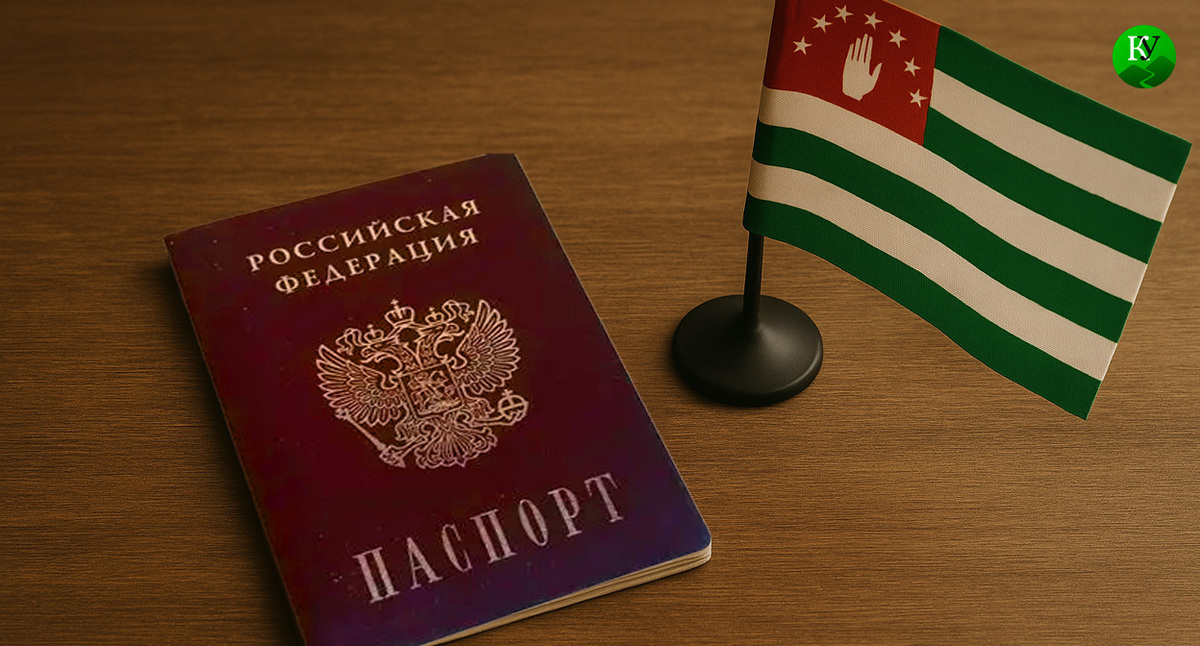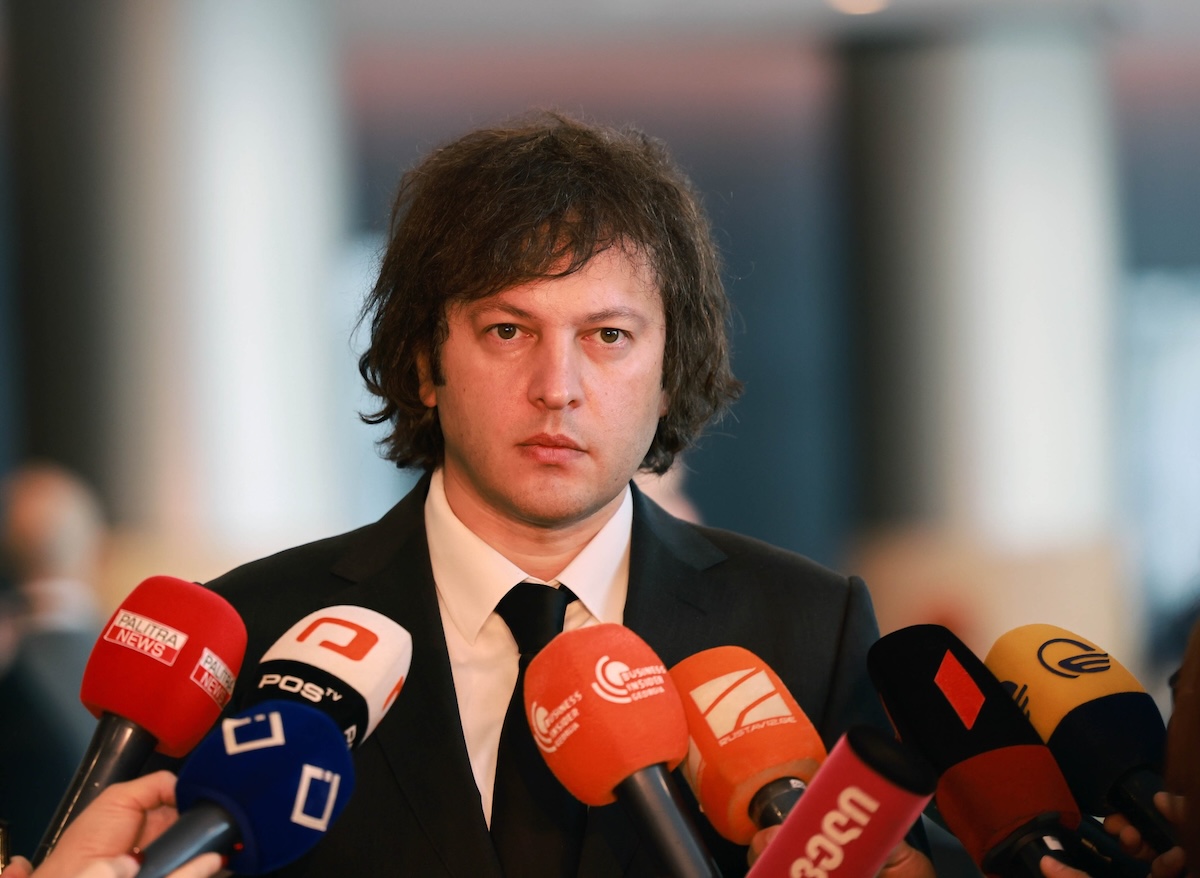Op-Ed: Abkhazia needs reforms – the coronavirus tourism crisis might help it do that
The coronavirus pandemic has led Abkhazia to a serious economic crisis. One of the main reasons is that the local population’s livelihood, as well as budgetary funds, are largely reliant on the hundreds of thousands of Russian tourists who usually come to vacation in Abkhazia in the summer and early autumn.
But the closed borders due to the coronavirus pandemic have brought the tourist season to a screeching halt.
Astamur Kakalia is one of the leaders of a movement to create stricter laws in the war against corruption. He believes that this crisis may finally force Abkhazia to carry out the long-awaited full-scale reforms.
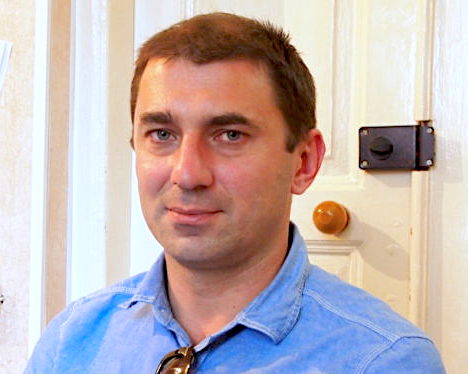
“The border with Russia is closed due to the pandemic. But I don’t see this as a tragedy.
In any case, we won’t starve.
I believe that the lack of significant financial help from Russia will, on the contrary, serve as an impetus for real reform.
It is the same as with an addiction: if you can’t get a new dose, you’ll be forced to give up the needle.
First steps
It is high time to cut back on the bulky and inefficient bureaucratic apparatus.
Harsh? Not at all. These are adults who, along with their friends and families, have been dependent on the state budget for decades. It’s time for them to learn how to actually work, and not to just look like they are working.
• “We want to eat!” Abkhaz react to delayed tourist season on social media
• Op-Ed: Difficult times ahead for economy of Abkhazia
• Anti-crisis farming: two stories from Abkhazia
What’s happening to the economy is only fair. I haven’t noticed any state officials being concerned about the fate of small businesses and entrepreneurs for all these years.
Now, without meaning any malevolence, I see no reason to worry about the salaries and bonuses of people who do not create any real product.
Yes, at first it will be painful. But in the long run, we will even be able to speak fondly about the coronavirus crisis, which pushed the authorities to unpopular measures to improve the bureaucratic apparatus.
The catastrophe that may actually help
Some anthropologists believe that it was precisely a terrible cataclysm — heavy floods in Southeast Africa — that forced the great apes to stand upright on their hind legs.
These kinds of terrible cataclysms usually either destroy the species or improve it and bring it to a new, higher standard of living. It was our difficulties, fear, and the struggle for a bigger slice of the pie that tempered the human race.
As Darwin stated, it’s not the strongest who win the evolutionary struggle, no! The theory of evolution shows that those who can adapt to new realities are the ones who survive.
In our current struggle, which is just as merciless as evolution itself, it was not the strongest who won, but those who were able to learn and adapt quickly, those who knew how to make friends and allies with other nations, who did not focus on the cult of power or brutality, but on reason and camaraderie.
New times and new realities are upon us. Those who cannot rebuild themselves, will become relics of a past era, like the dinosaurs. And those who transform will survive and inherit the earth.
Rigidity of thought, adherence to convention, and slow thinking now not only determine whether people are rich or poor, they determine the fate of nations.
In my opinion, it’s time to take a chance and start transforming from the roots. In our case, not taking risks means suffering an inevitable defeat.
Breaking the firmly established semi-Soviet, semi-feudal foundation, of course, will not be painless. But the people will understand the need for it and help.
We must begin a process of real reform, and not just shifting personnel members around, which, for some reason, has been considered a type of reform for decades.
The pandemic is already pushing people in the right direction.











